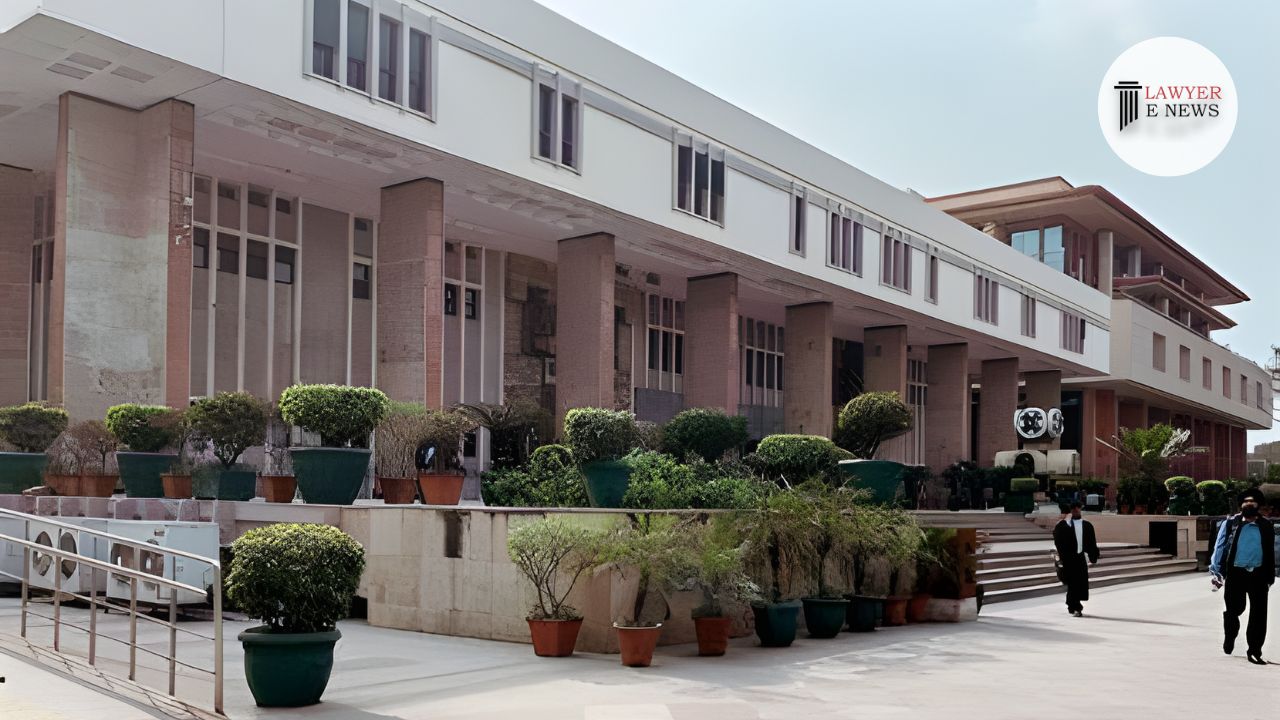-
by Admin
15 February 2026 5:35 AM



Justice Rajnish Bhatnagar highlights inconsistencies in prosecution evidence, reverses conviction of Sub-Inspector Subodh Anand: "Non-production of case property gives serious infirmity and creates doubt about the investigation."
The Delhi High Court has overturned the conviction of Sub-Inspector Subodh Anand in a bribery case, setting aside the judgment of the trial court. The decision, delivered by Justice Rajnish Bhatnagar, emphasized the prosecution's failure to prove the demand for a bribe beyond reasonable doubt, noting significant inconsistencies in witness testimonies and the absence of critical evidence such as the bribe money and the scooter purportedly used in the transaction.
The case revolved around allegations that Subodh Anand, while serving as a Sub-Inspector at Karol Bagh Police Station, demanded and accepted a bribe of Rs. 20,000 from Somnath, the complainant, to favor him in the investigation of an FIR registered under Sections 406 and 420 IPC. The Central Bureau of Investigation (CBI) conducted a sting operation to capture the alleged transaction, leading to Anand’s conviction by the Special Judge, CBI-03 (PC Act), Tis Hazari, Delhi, in 2013.
Proof of Demand: Justice Bhatnagar stressed the necessity of proving the demand for illegal gratification beyond reasonable doubt. "The proof of demand of illegal gratification is the gravamen of the offence under Sections 7 and 13(1)(d) of the Prevention of Corruption Act, 1988," he stated. The court found the prosecution's evidence on this front to be inconsistent and contradictory, with witness testimonies failing to corroborate the alleged demands.
Inconsistencies in Testimonies: The court noted multiple discrepancies in the testimonies of key witnesses, including the complainant Somnath and his brother Naresh Kumar. "Every witness is parroting differently," the judgment remarked, highlighting the lack of consistency in their statements regarding the demand and acceptance of the bribe.
Non-Production of Crucial Evidence: Justice Bhatnagar pointed out the prosecution's failure to produce critical pieces of evidence, such as the bribe money and the scooter allegedly used by the appellant. "The prosecution was not able to support and corroborate its own version," he observed. The absence of these items during the trial cast significant doubt on the prosecution's case.
Acceptance and Recovery of Bribe: The judgment criticized the prosecution for not producing the case property, the scooter, and its keys during the trial. Additionally, there was no independent public witness to the recovery of the bribe money, further weakening the prosecution's claims. "Non-production of the case property in court gives serious infirmity and creates doubt about the investigation," Justice Bhatnagar noted.
The judgment extensively discussed the legal principles regarding the proof of demand and acceptance of bribes. Citing precedents, the court reiterated that mere possession or recovery of currency notes is insufficient without proof of demand. "The presumption under Section 20 of the Prevention of Corruption Act can be invoked only on proof of facts in issue, namely, the demand of gratification and its acceptance," the court stated.
Justice Bhatnagar remarked, "In the absence of demand of gratification, mere possession or recovery of currency notes is not sufficient to constitute the offence."
The High Court's decision to acquit Subodh Anand underscores the judiciary's commitment to rigorous standards of proof in corruption cases. By overturning the trial court's judgment due to insufficient evidence, the ruling reinforces the necessity for clear and consistent evidence in proving allegations of bribery. This landmark judgment is expected to have significant implications for future cases under the Prevention of Corruption Act, 1988, emphasizing the critical importance of proving demand and acceptance of illegal gratification.
Date of Decision: May 27, 2024
Subodh Anand vs. CBI
